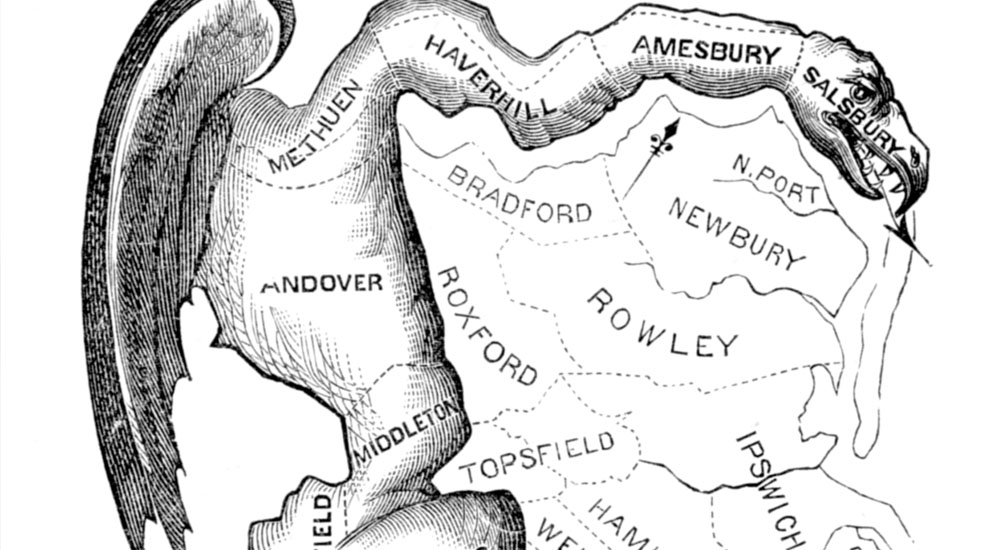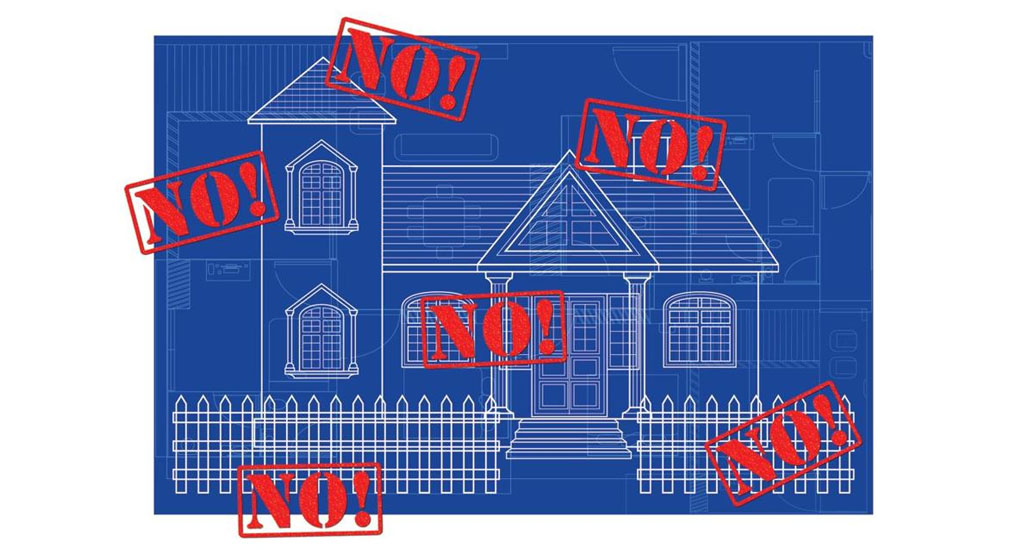It has come forth that when then-candidate Donald Trump was alluding to the possible prosecution of then-FBI Director James Comey and former Secretary of State Hillary Clinton when he was running in the 2016 presidential election, he actually was not kidding about that. Reportedly, President Trump inquired with White House Counsel Don McGhan, who departed from the Trump Administration in October, about moving forward with legal proceedings for the two top political bureaucrats.
In the Spring, attorneys within the White House apparently warned the President about the political consequences associated with prosecuting Comey and Clinton, claiming that impeachment proceedings could be used to remove him from office, which has been the goal for congressional Democrats for the past two years. AP reports that McGahn told Trump that he had no authority to order such a prosecution, arguing that the commander-in-chief could, instead, request an official probe into wrongdoings on part of the two former government officials.
Regardless, any action into the situations could have led to accusations of abuse of the Office of the Presidency.
Nevertheless, President Trump is said to still be mulling the future of the two, including discussing with some close to him about appointing a new special counsel to investigate Comey for his handling of the investigation of private email servers from Clinton during her time at the State Department. Notably, just over a week after Trump took office in 2017, he sat down with the former FBI director, asking for “loyalty,” for what has been alleged to mean the future prosecution of Clinton.
Comey, however, was fired by Trump. FBI Deputy Director Andrew McCabe also resigned from the bureau following rising tension between the agency and the White House.
Last year, recently-ousted Attorney General Jeff Sessions directed senior federal prosecutors to investigate issues raised by House Republicans related to the Clinton Foundation and a Russian-based uranium mine transaction benefiting the foundation that was approved when Clinton was head of the State Department.






